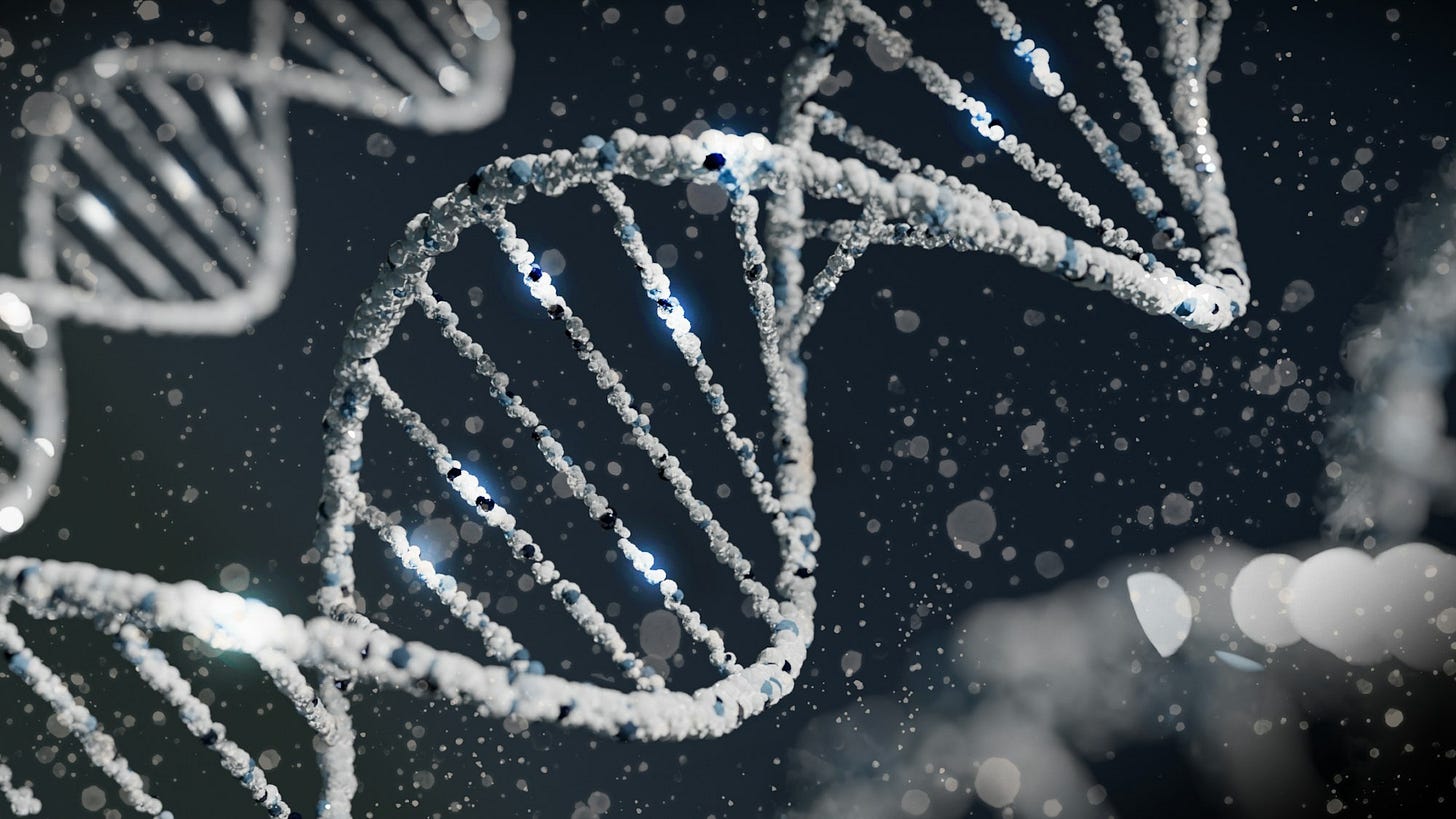Research highlight: Making ancient DNA more ethical
I helped to draft a statement for the American Society of Human Genetics on responsible research on ancient DNA.

Citation: Wagner, Jennifer K., Chip Colwell, Katrina G. Claw, Anne C. Stone, Deborah A. Bolnick, John Hawks, Kyle B. Brothers and Nanibaa’ A. Garrison. Fostering responsible research on ancient DNA. American Journal of Human Genetics. 107(2): 183–195. https://doi.org/10.1016/j.ajhg.2020.06.017
It was such a privilege to be part of this working group led by Jen Wagner, and involving so many accomplished geneticists who are working in the field of ancient DNA or genomics of Indigenous peoples. The recommendations from the group have been endorsed by the American Society of Human Genetics. Here's the abstract, which summarizes our recommendations.
Anticipating and addressing the social implications of scientific work is a fundamental responsibility of all scientists. However, expectations for ethically sound practices can evolve over time as the implications of science come to be better understood. Contemporary researchers who work with ancient human remains, including those who conduct ancient DNA research, face precisely this challenge as it becomes clear that practices such as community engagement are needed to address the important social implications of this work. To foster and promote ethical engagement between researchers and communities, we offer five practical recommendations for ancient DNA researchers: (1) formally consult with communities; (2) address cultural and ethical considerations; (3) engage communities and support capacity building; (4) develop plans to report results and manage data; and (5) develop plans for long-term responsibility and stewardship. Ultimately, every member of a research team has an important role in fostering ethical research on ancient DNA.



